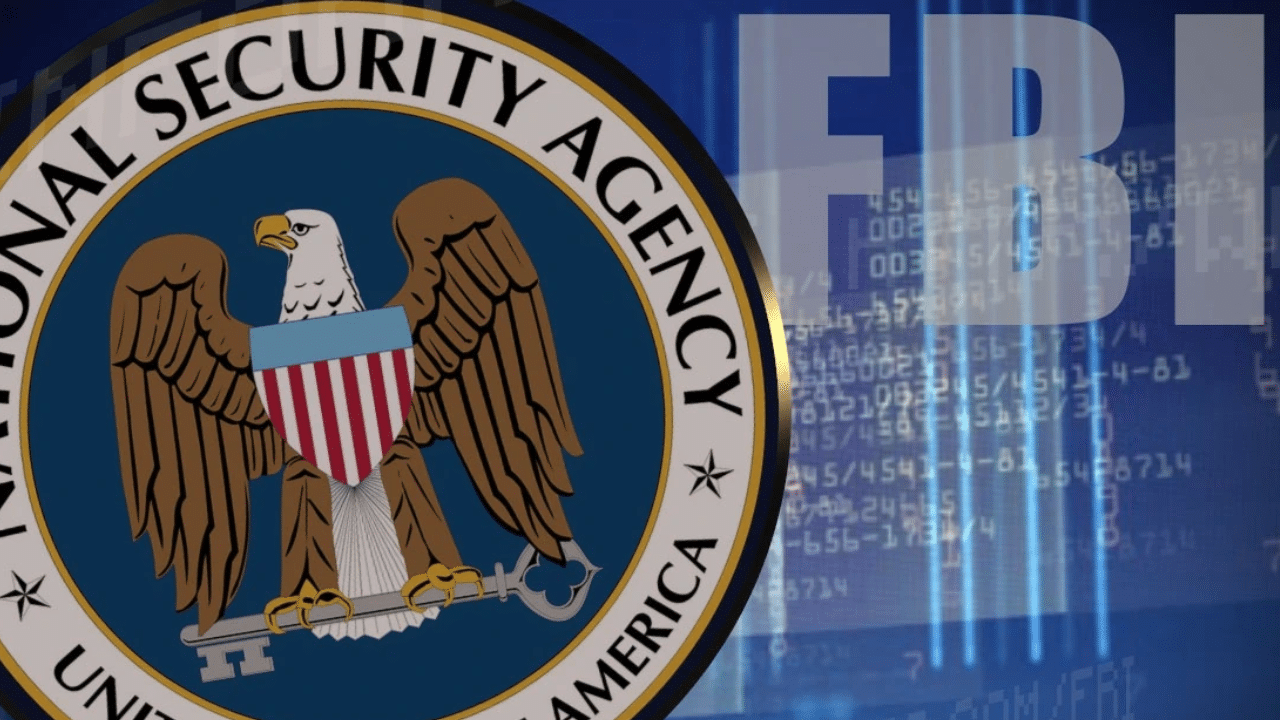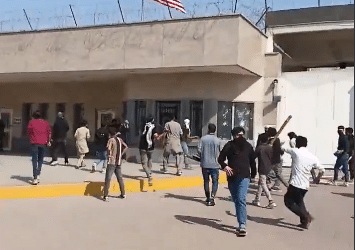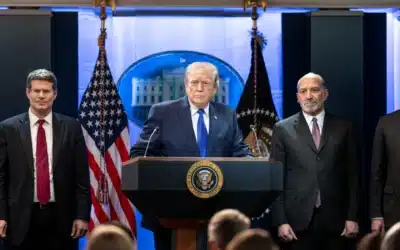US lawmakers have passed a bill reauthorizing the Foreign Intelligence Surveillance Act (FISA), a law which allows the government to surveil American citizens without a warrant. A small group of Republicans previously blocked the vote but allowed it to proceed following a minor amendment to the law.
The two-year extension passed the House on Friday in a bipartisan vote of 273-147, with 126 Republicans and 147 Democrats supporting the bill, which will now proceed to the Senate. Though lawmakers also debated an amendment that would have forced federal agencies to obtain warrants before spying on Americans, it failed in a tie vote.
“This is how the Constitution dies… This is a sad day for America,” Republican Rep. Thomas Massie said after the amendment went “down in flames.” He noted that House Speaker Mike Johnson provided the tie-breaking vote to kill the warrant requirement.
Though Johnson was once a vocal critic of FISA’s Section 702 – which handed US intelligence agencies sweeping powers to spy on Americans in the wake of the 9/11 attacks – he quickly reversed course after his promotion to House speaker.
“When I was a member of [the House Judiciary Committee], I saw all of the abuses of the FBI – there were terrible abuses, over and over and over,” Johnson told reporters earlier this week, explaining his about-face.
“And then when I became speaker, I… got the confidential briefing from sort of the other perspective on that, to understand the necessity of Section 702 of FISA and how important it is for national security. And it gave me a different perspective,” he added.
Fellow Republicans have been critical of Johnson’s abrupt 180, with Florida Congressman Matt Gaetz saying the speaker’s opposition to FISA was a view he “deeply held, like, 20 minutes ago.” Georgia Rep. Marjorie Taylor Greene has gone further, threatening to advance a vote to oust Johnson from his position over his support for FISA, among other complaints.
The White House also worked to kill the warrant amendment, with both Attorney General Merrick Garland and National Security Adviser Jake Sullivan reaching out to lawmakers on Friday morning to urge them to vote it down, according to unnamed sources cited by NBC News.
The senior officials argued the amendment would make the United States “less safe,” and would prevent the government “from accessing lawfully collected information already in its possession to identify and disrupt critical threats to the American people.”
Friday’s vote followed heated debate over whether to extend the warrantless spying authorities, with a group of Republicans led by Rep. Gaetz resisting the move. During a procedural vote earlier this week, 19 GOP lawmakers blocked the bill from advancing, as Gaetz said the measure lacked “essential reforms to protect Americans’ Fourth Amendment rights.”
However, the original bill was modified to extend the FISA authorities for a period of two years instead of five, which appeared to appease the GOP holdouts, including Gaetz. He later argued that should Donald Trump win the November presidential election; the two-year limit would allow his administration to “fix the system.”
This article was originally featured at Antiwar.com and is republished with permission.

































